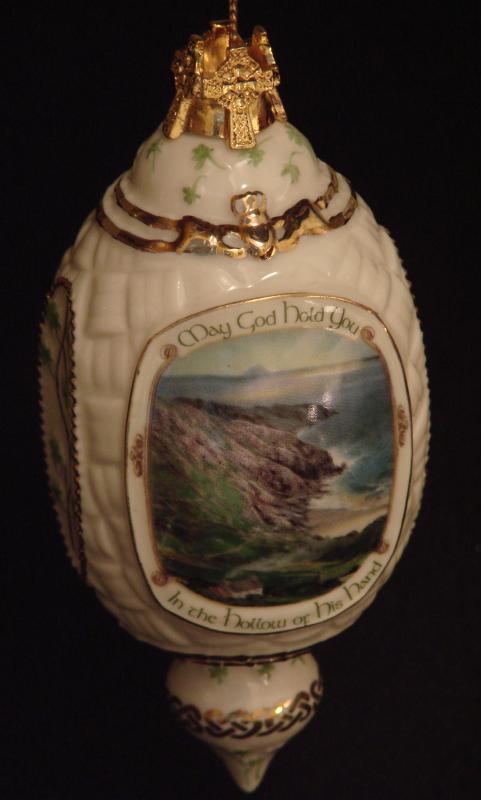At WiseGEEK, we're committed to delivering accurate, trustworthy information. Our expert-authored content is rigorously fact-checked and sourced from credible authorities. Discover how we uphold the highest standards in providing you with reliable knowledge.
What is the Irish Blessing?
The Irish Blessing tends to refer to a specific blessing that may be used in a toast at weddings or gatherings. However, this blessing is simply the most well known one. It goes as follows:
May the road rise to meet you.
May the wind be always at your back.
May the sun shine warm upon your face.
And rains fall soft upon your fields.
And until we meet again,
May God hold you in the hollow of His hand.
This Irish Blessing is often attributed to St. Patrick, but that is likely confusion between the it and a much longer prayer called the “Breastplate of St. Patrick.” The author is unknown, and even dating the Blessing is difficult.

Though this Irish Blessing is quite common in usage in countries to which the Irish immigrated, there are more traditional blessings for weddings, wakes, and other ceremonial events. Many of the blessings represent wishes for plentiful agricultural rewards, healthy children, and closeness with God.
These numerous blessings are generally so beautifully worded, that people are often surprised by the various Irish curses. Of the curses, the following is the best known:
May those who love us, love us.
And those that don’t love us,
May God turn their hearts,
And if he doesn’t turn their hearts,
May he turn their ankles,
So we may know them by their limping.
Origin of this curse is as unknown as that of the most common Irish Blessing. It can be said however that the Irish are known for their ability to turn a word to good profit either for good or ill.

Irish drinking toasts are also numerous, and tend to be less serious, representing the celebration of all things good and humorous. One famous one is a toast to wives and girlfriends, “May they never meet.” However other drinking toasts may represent the long struggle with the British over land control, wishing “land without rent to you.”
Since the Irish Blessing, or blessings, curses and toasts are often of anonymous origin, they can generally be used without requiring referencing of a source. There are a few attributed to authors that may not be in the public domain. The best-known ones, however, are remembered better for the smiles they put on people’s faces, than for their authors.
AS FEATURED ON:
AS FEATURED ON:













Discussion Comments
Actually, it was made up by an Episcopal Youth Minister, Rev. Richard Krejcir at All Saints Church, Carmel, California, in 1982 for a youth Irish party and dance, evangelism event in at The Mission Ranch Restaurant and dance barn in Carmel , Ca. There were copies of that poem printed on parchment given out then and for years since at Christian youth groups by this pastor. He took Numbers 6:24 and merged it with a Gaelic "Go n-éiri an bóthar leat," which means may success be with you, also a Celtic blessing…
I am of Irish descent and from New England, and have found that the fascination with mind-bending and lying humor has been ingrained in me from a young age. My father would always make things up to trick us as children, and this was the sort of humor I was raised with. Interacting with non-Irish descent friends, or friends from other parts of the country, I have had to be careful with this kind of humor because they tend to be offended or confused by it.
There is an interesting trend in Irish culture which is comprised as cynicism toward anyone claiming originality. The culture of "blarney," or made-up history and facts, supports the idea that the Irish tend to enjoy confusing and lying to people they interact with, both for the sake of humor and because of the historical necessity to protect themselves from prying English authoritarianism. This has resulted in the ambiguity between what comprises an Irish blessing and a curse, as well as their renowned skill with words.
Post your comments